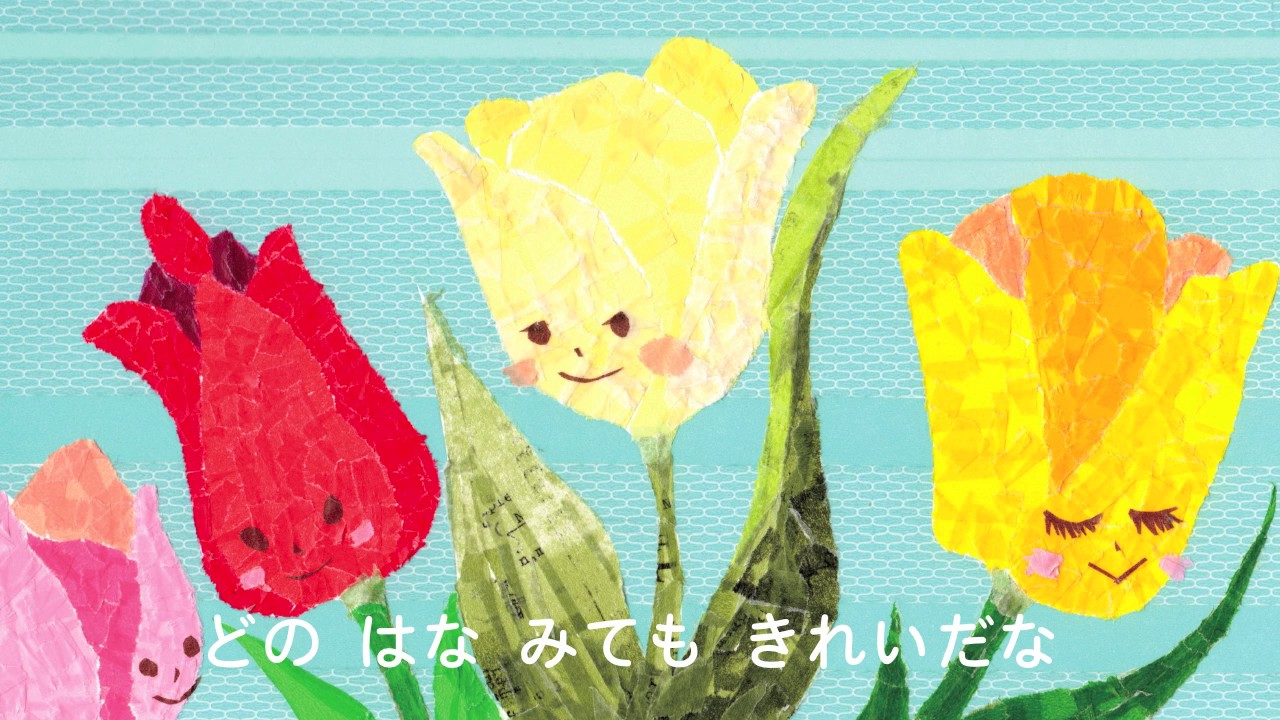Which page is this?
- And then again on 25.
The danger is thinking that everything that is in the ~てくる form must necessarily be a combination of V + come.
We’ll be starting the next chapter shortly, and I have readied the Chapter 18 vocab list. It’s been taking me a lot of time, so I’m thinking about cutting back further in the next chapter. (This one already has fewer repeated entries than usual, and the next one is likely to cut out most of the simpler words.)
Start of Chapter 18 Discussion. Once again, thanks to everyone who put together this chapter’s vocab list!
Page 74
I’m quickly catching up! But back on page 74, where ジャンボ says: もう終わったっけ?, could someone please tell me what that っけ ending is. It looks like it is acting as a question, か, is that right? Thank you!
っけ could be thought of as similar to か in terms of uncertainty, though the former seems to be said when trying to recall something.
Page 81
よっせ
I just asked at Hi-native and got a wonderful reply! よっせ is most likely to be よいしょ, which, given the context (Yotsuba jumping up on her dad’s lap and reaching for the computer) is perfect and (as it is a phrase usually used by oldies like me rather than young kids) very funny too!
Was a little busy these last days, I’ll take a look at the vocab list now! ![]()
Page 83
In the last panel Yotsuba’s dad says: みんなにわけてあげないか?
The vocab list has わけてdown as “to share, to distribute”, which is meaning number two at Jisho.
But I think it must be the first meaning, “to divide up” and he is saying “why don’t we divide them up and give them away?” (which, of course, boils down to the same thing!)
From what I understand, which can be wrong.
みんなに - With everyone
わけて - share; distribute
This is with the meaning listed in the vocab list.
If you used “to divide (into)”, you’d have to talk about what you’re dividing them into, instead of with whom.
Like "二つに分ける”, right?
Even then, 分ける could be used in this context as to divide, but IMO, “to share; to distribute” fits better.
Since she already has flowers, and is sharing them with, or distributing them to others.
Also, the flowers aren’t being divided, in contrast to something like a cake, but distributed between the participants.
Instead of a sentence like this: 母は子供たちに金をわけてやった。
The mother divided the money among her children.
Since the mother is not being part of the division, she’s dividing it between a different group of people.
It could still be called sharing, or distributing, but the nuance is different.
Something like that? ![]()
Wow! What a great response!
Now, I’m a beginner at Japanese and don’t know what I’m talking about, but what I don’t get in your answer is the use of 上げる if 分けて already means “to distribute”.
I read: みんなにわけてあげないか?as “why not split the flowers up and give them away to everyone?”
But if 分けて means to distribute this would become “why not distribute the flowers and give them away to everyone?”
But, yes, I’m way, way, out of my depth here and will read your reply again! Thank you!
Didn’t think about it that way. ![]()
That makes sense, but in this case あげる is not exactly to give, but the てあげる form, which translates to:
“To do something for someone”
So, みんなにわけてあげないか? roughly means:
Can you share them with everyone? - Why don’t you share them with everyone?
With the implication that you’re doing it for them, as a favor or service.
And in Yotsuba’s case, to make everyone happy.
Another example:
私は父に新しいラジオを買ってあげました。 I bought a new radio for my dad.
The implication is that you did it for him, not just gave it to him.
Hope that helps! ![]()
This chapter was so cute! Ok, so here are my questions:
P. 80 panel 4 - Why does Koiwai use も when talking about the flowers?
P. 85 panel 2 - Is what Yotsuba says something similar to the English phrase Getting on like a house on fire? Or what is she going for here?
P. 101 panel 2 - Why does Yotsuba use だよ?at the end of what she says? Also, what does あら mean? Is it like “Oh” or “Ah”?
I just asked about that at Hi-native and got a great response.
The dad says “You look like a match girl” and Yotsuba says “Oh, the one who set the house on fire?”
So funny!
Is that from a well-known story, like a fairy tale or something? Or did that actually happen?
Hah, I was just about to post that exact link.
But yeah, it’s an Andersen fairy tale, and most certainly not about arson (hence Koiwai’s response).
